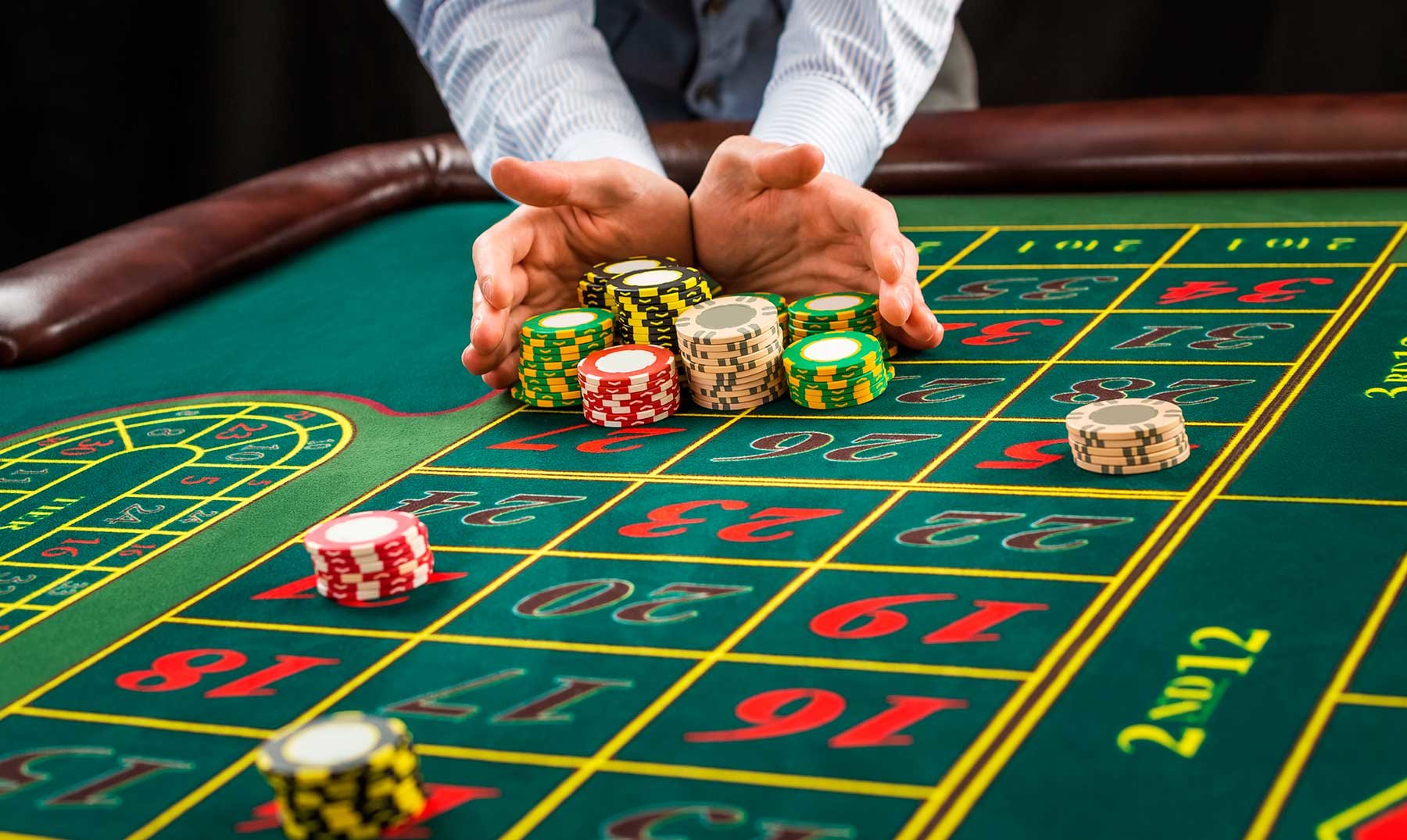
Gambling games have long captured the fascination of individuals around the planet, becoming an integral part of both fun and culture. From the shimmering lights of Las Vegas to the immersive experience of internet gambling, these activities evoke excitement, danger, and sometimes even a sense of remembrance. They are more than just hobbies; they have woven themselves into the tapestry of human experience, influencing everything from film and music to clothing and literature.
The allure of casino games goes beyond the gambling aspect, tapping into larger themes of serendipity, risk, and social interaction. As players convene around a card table or spin the wheel of fortune, they engage in an age-old ritual that connects with our shared desire for thrill and instability. This captivation has led to the emergence of many references in movies, songs, and gaming, showcasing how strongly entrenched these activities are in pop culture. Whether it is the intense drama of a classic robbery film or the lively nightlife portrayed in videos, casino games have created a substantial role that reflects our connection with risk and reward.
Historical Impact of Gambling Activities
Gambling games have played a pivotal role in social contexts throughout history. Stemming from old civilizations, forms of chance were often connected to rituals or events. For instance, early iterations of these activities can be traced back to ancient Chinese and the Romans, where dice games and wagering on outcomes were popular pastimes. These activities not only served as leisure but also as means of social interaction, facilitating connections among people within societies.
As cultures evolved, so did the sophistication and structure of casino games. The creation of official casinos in the 17th century, particularly in Italy, marked a notable shift in how games were viewed and structured. With designated spaces for gambling, the casino became a social hub where patrons from various backgrounds convened. This change contributed to the legitimization of the industry, transforming it from a mere pastime into an organized industry that shaped economy and policy.
The impact of gambling games on popular culture cannot be understated. As they were popularized in books and movies, games such as Texas Hold’em and 21 became symbols of risk, chance, and tactics. Iconic figures and narratives have developed around these activities, reflecting societal attitudes towards fortune, wealth, and vice. This fascination with gambling activities has infiltrated various forms of entertainment, cementing their status in the collective consciousness and linking them to broader cultural stories throughout the ages.
Portrayal of Gambling Games in Media
Casino games have long been a popular theme in various forms of media, reflecting both the excitement and complexities of gambling culture. Movies such as Ocean’s 11 and Casino Royale portray figures who navigate intense situations, showcasing not only the allure of the casino atmosphere but also the methods and judgments that come with playing popular games like Texas Hold’em and 21. These films often dramatize the exhilaration of winning and the potential consequences of losing, encapsulating the dangers involved in betting.
TV programs have also explored the world of casino games, often integrating them into the narrative as a setting for character development and drama. Series like Las Vegas depict the stories of gambling employees and casino-goers, highlighting the dynamic, often chaotic energy of the gaming floor. Reality shows featuring intense gambling competitions further emphasize the attraction of casino games, drawing viewers into the excitement and tactics involved in each round. Through these depictions, media not only engages but also prompts conversations about fortune, skill, and the nature of randomness.
Video games have increasingly integrated gambling activities into their structure, allowing players to recreate the experience of betting without financial risk. Games within the domain of digital gaming often include virtual slots, poker, and other casino favorites, creating an engaging environment that mirrors real-life gameplay. These virtual portrayals make gambling activities accessible to a broad demographic, appealing to both risk-takers and those who enjoy the excitement of simulation. As a consequence, the portrayal of gambling activities in media continues to shape societal views and cultural significance, highlighting their place in society and social context.
Effect of Gambling Activities on Society
Gambling activities have a significant impact on communities, affecting various facets of societal norms and social behavior. They often function as a platform for community engagement, where people gather to experience a common activity. Casino trips with friends or trips to casinos become social activities that foster connections and create memories. This communal aspect boosts the entertainment value of casino games, making them a favored choice for festivities and recreational pursuits.
Additionally, gambling activities have been depicted in countless movies, television shows, and written works, influencing perceptions and opinions towards gaming and gaming. Icons like James Bond playing baccarat or the high-stakes poker scenes in films have embedded these games in the collective imagination. This representation often glamorizes the culture associated with casino activities, attracting new players and influencing trends in both fashion and behavior. These representations can ignite curiosity and lead to a deeper exploration of the intricacies of gaming. lixi88
Nonetheless, there are also adverse consequences linked to the popularity of gambling activities. The allure of quick monetary gain can lead to problem gambling and financial troubles for some individuals. The community must grapple with these consequences, advocating for responsible gambling and education of the dangers involved. Finding a balance between the fun aspect of casino games with the risks is vital to ensure that they remain a beneficial aspect of our societal fabric.
